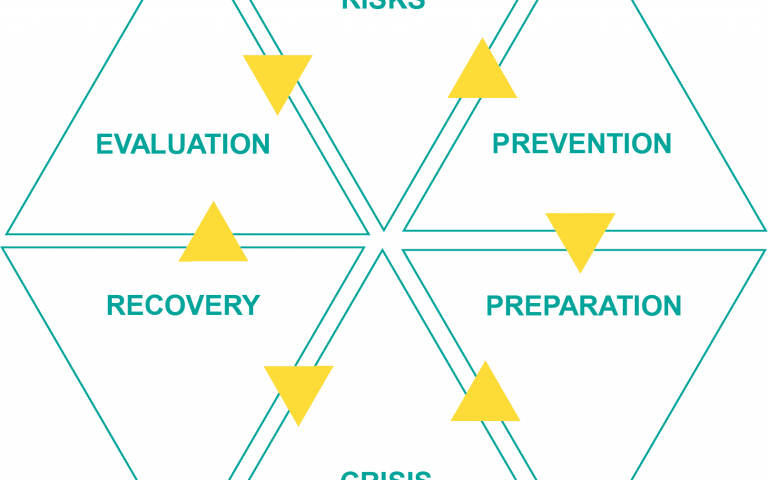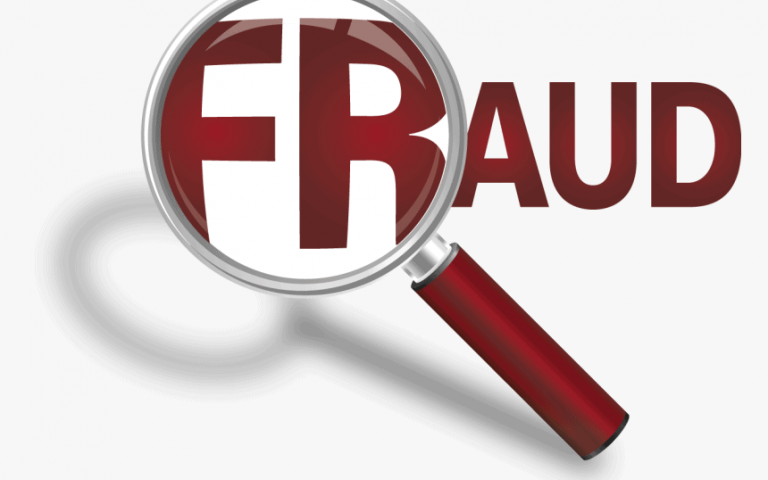Fraud can be a devastating blow for any business, but small businesses are particularly vulnerable. Limited resources and lack of specialized staff make it challenging to implement extensive anti-fraud measures. However, there are practical steps small business owners can take to protect their assets, reputation, and future. Here are 15 tips to help you prevent fraud in your small business.
- Conduct Employee Background Checks
Always conduct background checks on prospective employees, especially those who will be handling finances. Verifying previous employment and checking for criminal records can alert you to potential risks.
- Implement Segregation of Duties
Ensure that financial responsibilities are divided among multiple employees to prevent any single individual from having too much control over financial processes. For example, the person who creates invoices should not be the same person approving or making payments
- Monitor Employee Behavior and Work Patterns
Keep an eye on employee behavior and work patterns for any sudden or unexplained changes. This could be anything from increased secrecy, frequent late hours without a clear reason, or sudden lifestyle upgrades that seem inconsistent with their salary. While these are not definitive signs of fraud, they could be red flags that warrant further investigation.
- Secure Your Information Systems
Use firewalls, antivirus software, and strong passwords to protect your business’s sensitive data. Regularly update your systems and conduct security audits.
- Educate Employees
Train your employees on the importance of fraud prevention and educate them on how to recognize potential fraudulent activities. A well-informed team can be your first line of defense.
- Monitor Transactions
Regularly review bank and credit card statements and track all business transactions. Any discrepancies should be immediately investigated.
- Implement a Whistleblower Policy
Encourage employees to report suspicious activities anonymously. A whistleblower policy helps create an environment where employees feel safe raising concerns.
- Require Managerial Approvals
For significant transactions or changes to vendor payment details, require managerial approval. Double-checking adds an extra layer of security.
- Keep Accurate Records
Maintain clear and accurate financial records. Shoddy bookkeeping can mask fraudulent activities and make them harder to detect.
- Use Two-Factor Authentication
Implement two-factor authentication for accessing sensitive financial information. This adds an additional layer of security that can deter unauthorized access.
- Rotate Job Duties
Rotating job duties among staff can prevent any single employee from being able to commit fraud without detection. It also allows multiple people to become familiar with each role, making irregularities easier to spot.
- Verify Vendor and Client Information
Always verify the identity of new vendors or clients. Check their history, ask for references, and ensure that they are legitimate businesses before entering into any contracts or transactions.
- Secure Physical Assets
Use cameras, controlled access, and other security measures to protect physical assets, including inventory and cash. Document who has access and monitor it regularly.
- Reconcile Accounts Regularly
Reconcile your business accounts regularly to spot any discrepancies. The sooner you identify a discrepancy, the easier it will be to investigate and resolve it.
- Consult with Experts
Consult with legal and financial advisors knowledgeable in fraud prevention. They can provide targeted advice and help you implement best practices tailored for your business.
By proactively taking these steps, small business owners can significantly reduce their vulnerability to fraud. While it’s impossible to completely eliminate the risk, a multi-faceted approach to fraud prevention can provide strong safeguards to protect your business’s assets and future.
It is crucial to remember that preventing fraud is an ongoing process that requires vigilance and regular updating of your security measures. Adopting a proactive approach and implementing these tips can go a long way in keeping your small business secure.
***
TITAN Business Development Group, LLC
business coaching | advisory | exit planning














































